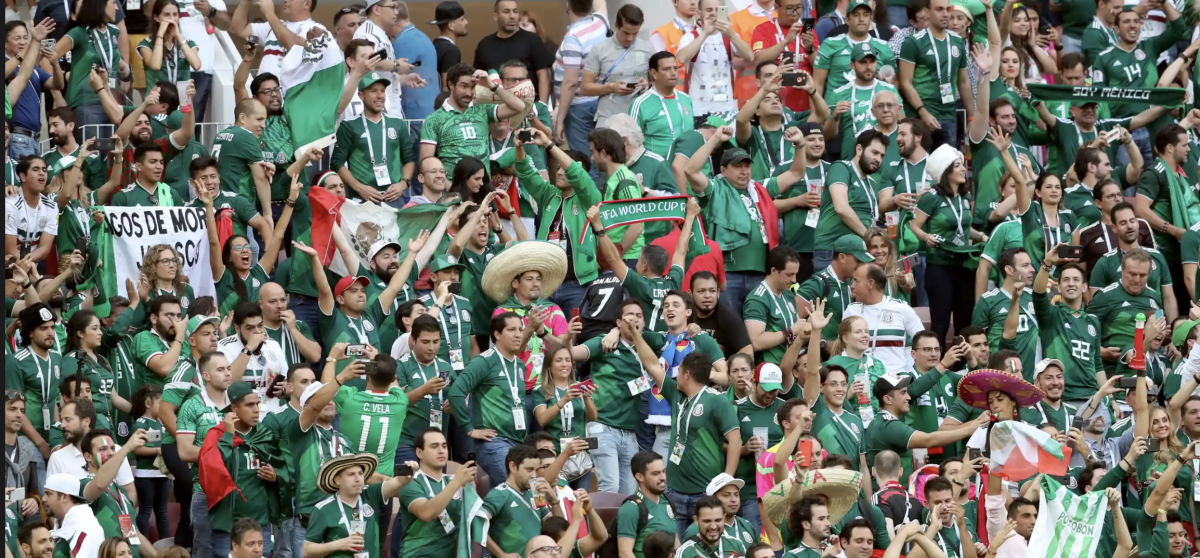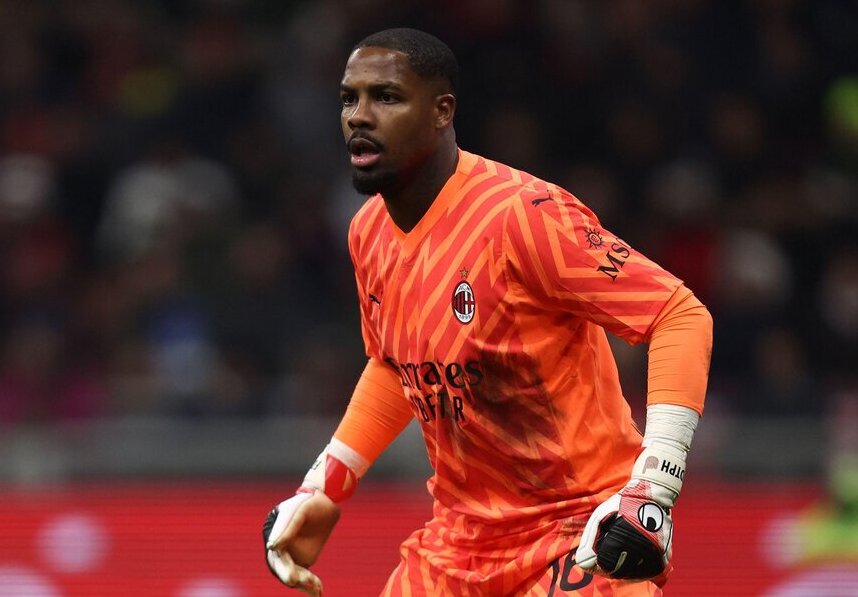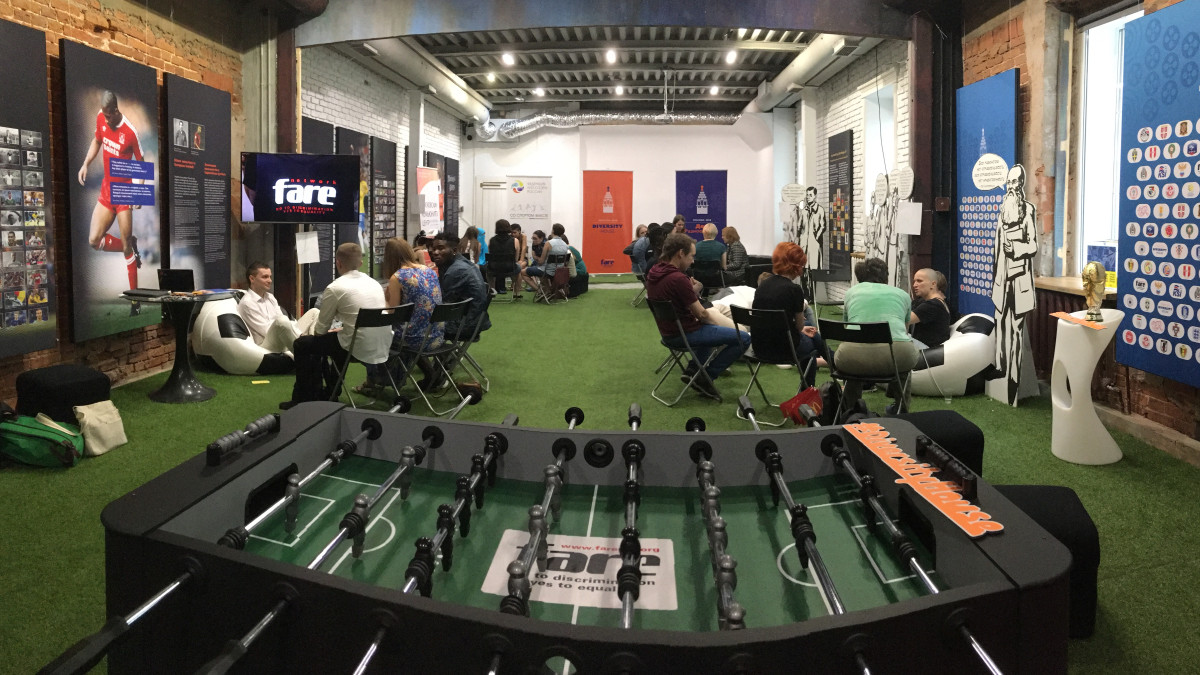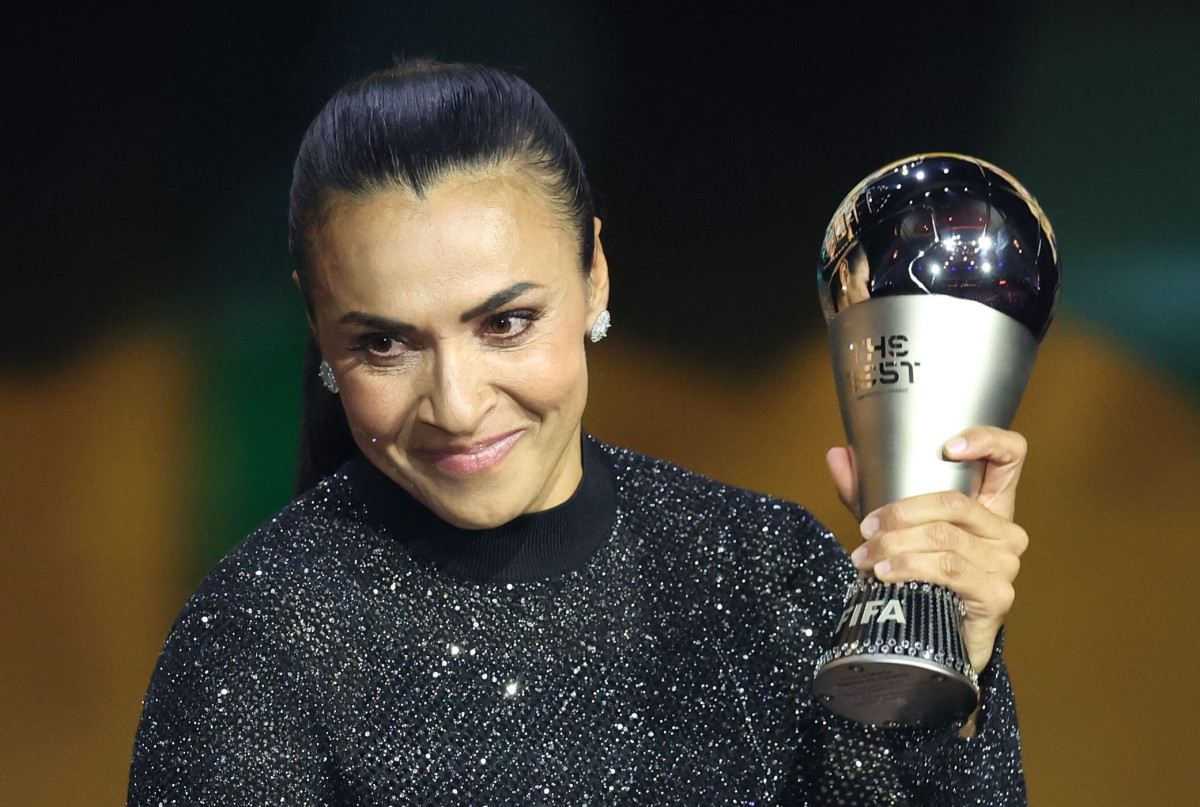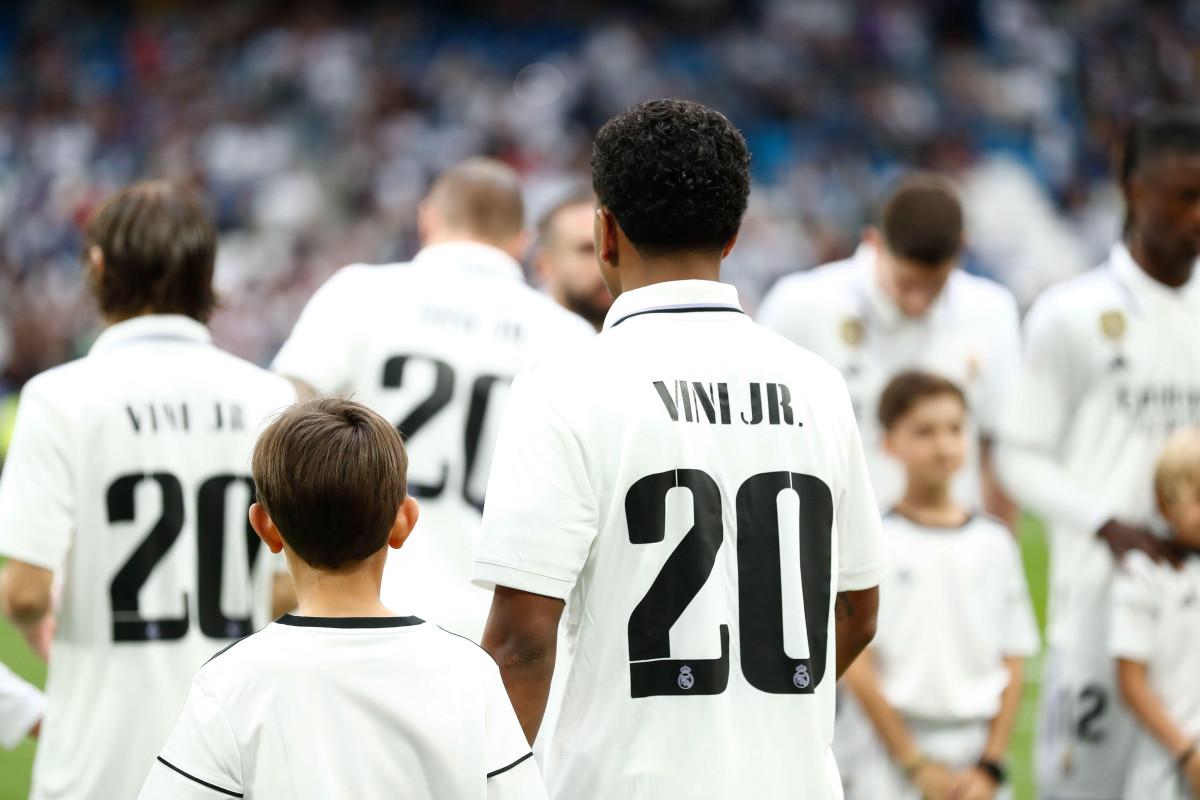Raed Bko is a refugee who fled the conflict in Syria to start a new life in the Netherlands. As part of the #FootballPeople weeks we speak to the former professional footballer about his journey and role at Kompass and One Young World's #FootballPeople event in Den Haag, Netherlands this Friday, funded by the Fare network.
Thanks for talking to us, Raed. Firstly, tell us about your role as a panellist at the Kompass / One Young World #FootballPeople weeks event. What's the significance?
Raed Bko: You can communicate important social messages through football. I think it's important that children learn to interact with each other no matter what colour, religion etc.
Football is one of the easiest ways to achieve that. All parts of society meet each other on and around the football pitch. I have also got to know many people myself thanks to football. You learn to operate as a team and deal with other opinions in a team.
I think it's important that people know that the Netherlands is well organised for Syrian refugees. I want to thank the people and the government for the warm welcome in this country. I am very happy that we are entitled to a house, can learn the language, access the healthcare system and find a job.
I can say what I think, without having to think of the consequences. I also hope one day that Syria will be a country without war and where you can say everything, and we can solve something with politics instead of violence.
I am not so politically-minded, and I now have Dutch nationality, but I want to help the Syrian people and the diaspora. I want to invest in my football knowledge. I hope that I can be of value and give back for everything I've been allowed to receive from this country and society.
How important is football in your life?
Football is my life. I've been involved in football since I was seven years old. I love football for its games, competitive nature and the passion that comes with it. Football for me it's also a way of staying healthy.
When I was 17, I got a professional contract in Aleppo. In Syria you get a salary and you can live on that. But it is not that much. The level of the wages cannot be compared with the Netherlands or Greece. In the Netherlands, the coaching and training education is of a higher level. Players therefore train on a different level. The quality of the facilities is also worse in Aleppo compared with the Netherlands.
You came to the Netherlands by boat through Greece, the country in which you played football. Can you describe your journey, and why you chose the Netherlands?
In 2007, when I was 20, I got a contract with a club in the second division in Athens. I trained twice a day and learned a lot. I went by plane to Athens but couldn't return to Aleppo because I had to join the army. I wanted a normal life and did not want to fight. I do not like to spill blood. Greece is very similar to Syria in terms of life but I missed my family, I hadn't seen them for five years. My only contact with them was via Skype.
In 2011 I returned to Aleppo to play football there. The war had started but not reached Aleppo yet. In 2012 Aleppo was besieged and I fled to Turkey. I could no longer play football because the war ruined the arrangement between the army and club. My family had been through a lot; I travelled back so I could get them out of it.
From Izmir I took the boat to Samos. I spoke the language, which helped me a lot. I took the boat to Athens and visited my friends. Later I came in contact with a Syrian-Dutchman. His son played football at HVV / Hollandia in Hoorn. He invited me to play football there. I wanted to travel anyway; the Netherlands is my dreamland in terms of football and HVV / Hollandia played at a good level. So I flew to the Netherlands from Athens and applied for asylum.
If I sometimes read the posts on Facebook about refugees, it hurts me. We do not come here on vacation or for our pleasure. People may have their own opinion but are sometimes disrespectful towards refugees. We as Syrian refugees have experienced so much. We did not come from a safe place but from a war.
Last year in the match against PSV, racist slurs were yelled by the home crowd. What did you think when this happened? What can a club do to prevent or tackle this?
I thought it was terrible that this happened. On the coaching course you learn that everyone is equal in the Netherlands. And then in reality suddenly it seems different. I hope I do not have to see this again, the club really needs to ensure there is no repeat. Fortunately it has not happened again.
How did you end up becoming a coach with VVV Venlo's youth (Under-17) team?
I arrived in Ter Apel and was eventually sent to Venlo. So playing football at HVV / Hollandia was complicated. I tried to get to Hoorn, but didn't succeed. Every Sunday I took the train to play football but timewise it didn't work out. I then had to wait one year to be able to change clubs due to KNVB rules. That's how I ended up in the second team.
I was offered a trial at VVV Venlo but they had to pay 450,000 euros per year because I do not come from Europe. That didn't work, and my dream to become a professional in the Netherlands was shattered. But I decided to become a volunteer. With my sister, I started a barber shop in 2017.
I am doing the internship at the KNVB UEFA and in that context am currently doing an internship at VVV. However, I can work through VVV and Oldstars. Beside that I work in Germany at a football school. I passed the theory exam and am now waiting for the practical exam. I would love to do an internship at a large Dutch or foreign club. The KNVB is not responsible for the internships, but I will ask around for help.
I have learned a lot lately and think it is wonderful to be able to work with the youth. My Dutch has improved a lot, but it has to be even better to get the same level as Dutch coaches. The Dutch language is my biggest barrier. The combination of paid work, coaching and language is virtually impossible. But I hope that I can eventually become a first team coach in the Netherlands.
You are the only Syrian refugee in Dutch professional football and therefore a role model. What tips or advice would you give to your fellow countrymen who arrive in the Netherlands?
I notice that Syrian refugees too often are not registered with clubs. I would therefore like to start a football school specifically for Syrian children. I do not think it's better if the Syrians sit together, but some people are not admitted or do not speak Dutch yet.
The ultimate goal is to see more Syrians joining football clubs, including professional clubs. There is a lot of talent among the Syrians in the Netherlands, I believe.
For more information on this #FootballPeople event including a full list of panellists and registration follow this link.

